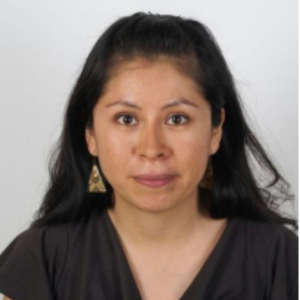Title : Feasibility study for the introduction of renewable energies in the organic cacao supply chain in Ecuador
Abstract:
Cocoa is an essential source of income and employment in rural regions, particularly for the five to six million small- scale farmers responsible for producing more than 90 percent of the world's cocoa supply. The cultivation of cocoa beans provides a living for around 50 million people worldwide. The exceptional quality of the cocoa beans that Ecuador produces has led to the country's rise to prominence as a leading cocoa producer. This is in contrast to the country's large-scale production of cocoa, which has kept it from achieving this status. The amount of cacao produced per hectare in Ecuador has increased at a rate comparable to an exponential curve during the previous 10 years. Ecuador is fortunate geographically, with a wide range of climates, altitudinal floors, being on the equator line and having extremely excellent and consistent radiation levels throughout the year, which benefits significantly from renewable energy sources. Nowadays, small-scale applications are successfully used in the agricultural sector to set up sustainable agricultural supply chains. They are at the early stage of development. However, for a successful implementation in the agricultural sector, a proper assessment of the energy demand is required. Therefore, a feasibility study on organic cacao supply chains was carried out for the technical and economic viability of Renewable Energy (RE) interventions throughout the production and processing of cacao. The feasibility study involved relevant data collection and on-site assessments, followed by detailed scenarios of possible RE interventions. This information will then be used to model the potential implementation of RE systems under different scenarios in the cacao supply chain. This assessment may guide researchers, stakeholders and policymakers on how to best power technologies used along the organic cacao supply chain while considering environmental mitigation to partially or totally replace non-renewable sources of energy.



